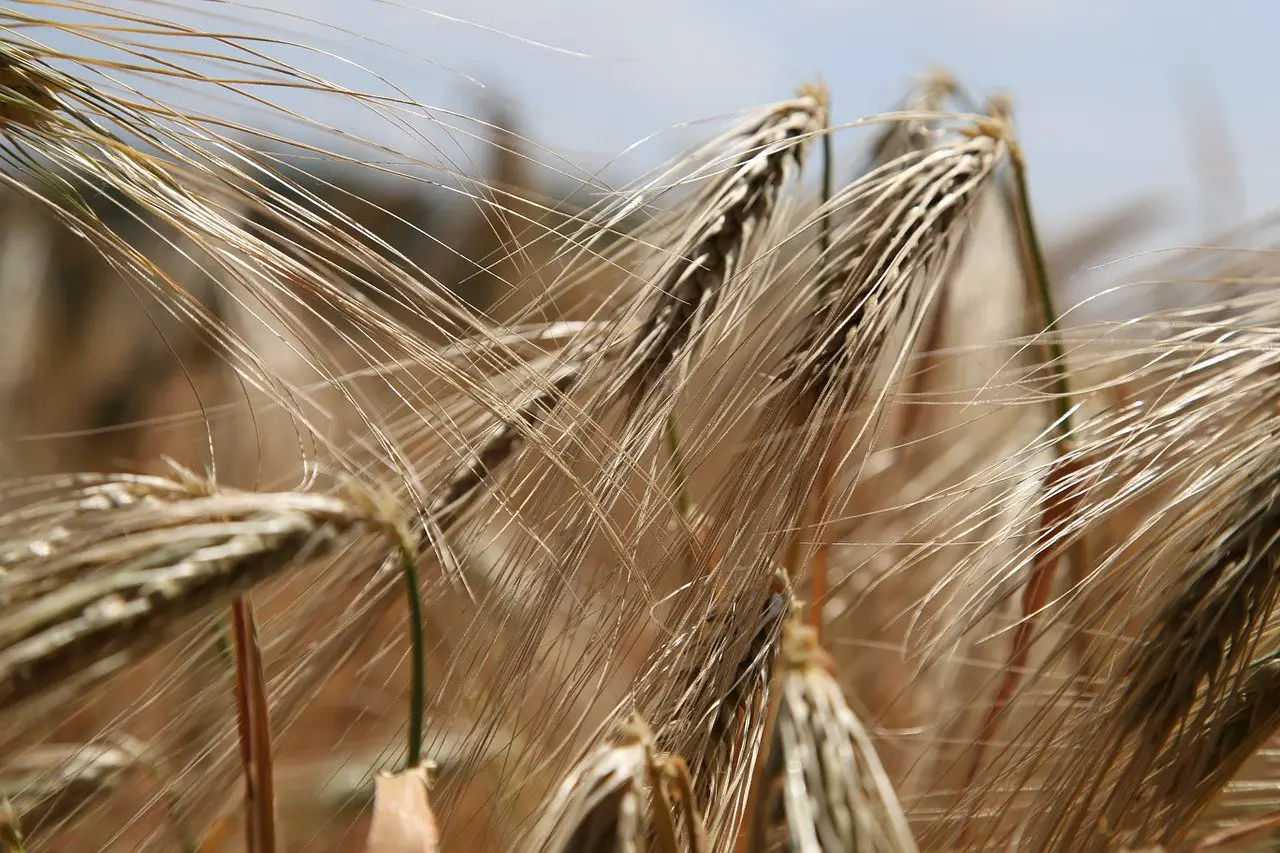If you consider a gluten-free diet, there are many potential benefits. For people with celiac disease or gluten sensitivity, a gluten-free diet can be essential for managing symptoms and preventing long-term health complications. Even if you don’t have any medical reasons to avoid gluten, you may still find that cutting it out of your diet has some benefits. Some gluten-free people feel more energetic, less bloated, and generally healthier.
A gluten-free diet means avoiding all products that contain wheat, rye, and barley. It can be tricky, as gluten is often found in processed foods, even ones that don’t seem like they would contain gluten. For example, many brands of ice cream, salad dressing, and soy sauce include gluten.
When starting on a gluten-free diet, it’s essential to do your research and prepare. Ensure you know which foods are safe to eat and which ones you need to avoid; you can get gluten-free meals delivered if you are busy and unsure what is best for you.
Below is a detailed explanation of the benefits of having a gluten-free diet:
You Will Be Healthier
Eating a gluten-free diet has many health benefits. For people with celiac disease or gluten sensitivity, eliminating gluten can help ease symptoms like abdominal pain, bloating, diarrhea, and fatigue. It can also help prevent long-term complications like osteoporosis, infertility, and neurological problems. Even if you don’t have any medical reasons to avoid gluten, you may still find that cutting it out of your diet has some benefits. Some gluten-free people feel more energetic, less bloated, and generally healthier.
You Will Lose Weight
If you are trying to lose weight, going gluten-free can be helpful. When you cut out gluten, you automatically cut out a lot of high-calorie, processed foods. It can lead to weight loss, even if you don’t make any other changes to your diet. In one study, people on a gluten-free diet for six weeks lost four pounds.
You Will Have Less Inflammation
Inflammation is your body’s natural response to injury or infection. However, chronic inflammation can lead to health problems, including heart disease, arthritis, and diabetes. Some research suggests that a gluten-free diet may help reduce inflammation. In one study, people with celiac disease who followed a gluten-free diet had lower levels of inflammation markers than those who didn’t.
You Will Have More Energy
Many people who go gluten-free report feeling more energetic. It may be because a gluten-free diet can help reduce inflammation, leading to fatigue. In one study, people with celiac disease who followed a gluten-free diet for two years reported feeling more energetic than those who didn’t.
You Will Be Less Bloated
A gluten-free diet can help reduce bloating and abdominal pain for people with celiac disease or gluten sensitivity. It may be because gluten can cause inflammation in the digestive system. In one study, people with celiac disease who followed a gluten-free diet for two years reported less bloating than those who didn’t.
In a nutshell, there are many potential benefits to following a gluten-free diet. If you have celiac disease or gluten sensitivity, a gluten-free diet can help ease symptoms and prevent long-term complications.
